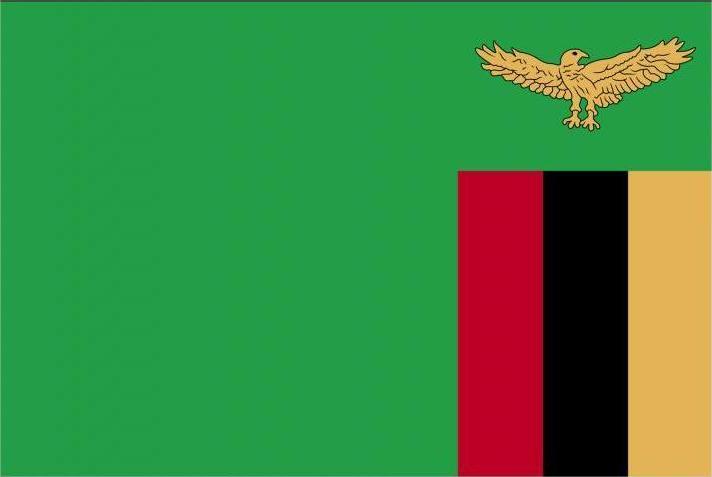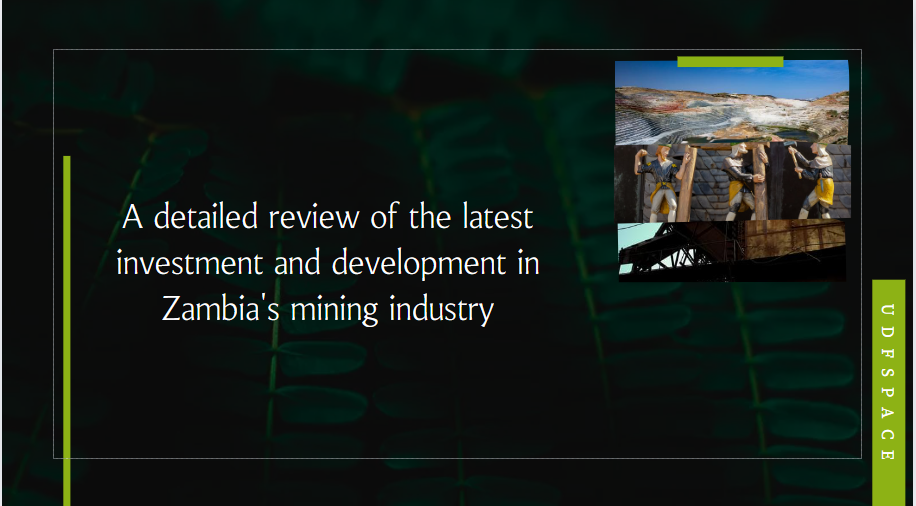BOZ Monetary Policy Meeting
The Bank of Zambia (BoZ) Monetary Policy Committee (MPC) commenced its meeting today with the expected announcement on the decision taken to be announced on Wednesday, 15 May 2024.
As the MPC deliberates, we urge them to seriously consider the following:
LIQUIDITY CRUNCH
The BoZ has significantly increased the statutory reserve ratio to the extent that businesses are struggling to access affordable credit and, therefore, contractionary to an already struggling economy. This can be proven by the recent IMF downward revision of our GDP forecast for 2024 from 4.7% growth to 2.3%. If we assume our annual population growth is 2.5%, then the country is technically in recession with real GDP growth at -0.2%. Any further increase in the SRR will worsen the situation. If anything, the reverse should be considered.
RISING INFLATION
We are of the view that inflation targeting is not the panacea to reducing inflation. Monetary policy measures alone can not bring down inflation. Whilst BoZ is trying hard on its part, the fiscus are doing the opposite. Therefore, increasing the monetary policy rate will hurt the economy even more. Either you maintain the rate where it is or, better still, reduce it.
RELEVANCE OF MONETARY POLICY RATE TO COMMERCIAL BANKS BORROWING
Again, we are of the view that inflation targeting using the Monetary Policy Rate adjustment is the wrong tool given the structure of our economy. Imported inflation arising from deteriorating exchange rate will not be arrested by increasing the monetary policy rate as much as textbooks say so.
Our commercial bank lending rates are in the range of 25-28%, whilst the policy rate is almost half of that. So were is the correlation between the policy rate and commercial bank lending rate? If the rate is adjusted upwards, it just increases the spreads for commercial banks to make more money. Looking at most commercial banks’ financial statements, one can clearly see huge growth in net interest income, most of which is presumably coming from investments in government securities or commercial lending at high interest rates.
COMMERCIAL BANKS’ PARTICIPATION IN GOVERNMENT SECURITIES
Recent reports indicate that K14 billion of Constituency Development Fund (CDF) balances in commercial banks was invested in government securities by the commercial banks thereby leading government to be borrowing its own money which sits on non interest bearing accounts in the commercial banks. Surely, this should constitute unethical conduct by the affected banks, and surely BoZ should act on such behaviour.
Furthermore, the job of banks is to provide credit to businesses and citizens and not the Armchair Banking we are seeing where commercial banks are more focused on mobilising customer deposits to invest in Treasury Bills. To resolve this, commercial banks’ participation in Treasury Bills should be capped so that they are forced to lend to customers.
EXPANSIONARY MEASURES
What we need now is expansionary measures to grow the economy, which is shrinking. BoZ, during the COVID time, introduced a K10 billion Medium Term Refinancing Facility at discounted borrowing rates to support businesses and individuals. BoZ, given the drought situation, leading to load shedding and now water ‘shedding’ (rationing), should seriously consider introducing a similar facility. The impact of COVID as we see it is no different from the impact of drought.
We urge the MPC to seriously consider the suffering of Zambians due to dwindling economic activities and business closures. It is our view that BoZ is a professional institution that operates independently and, therefore, will arrive at independent decisions to support our ailing economy.























































First, please LoginComment After ~